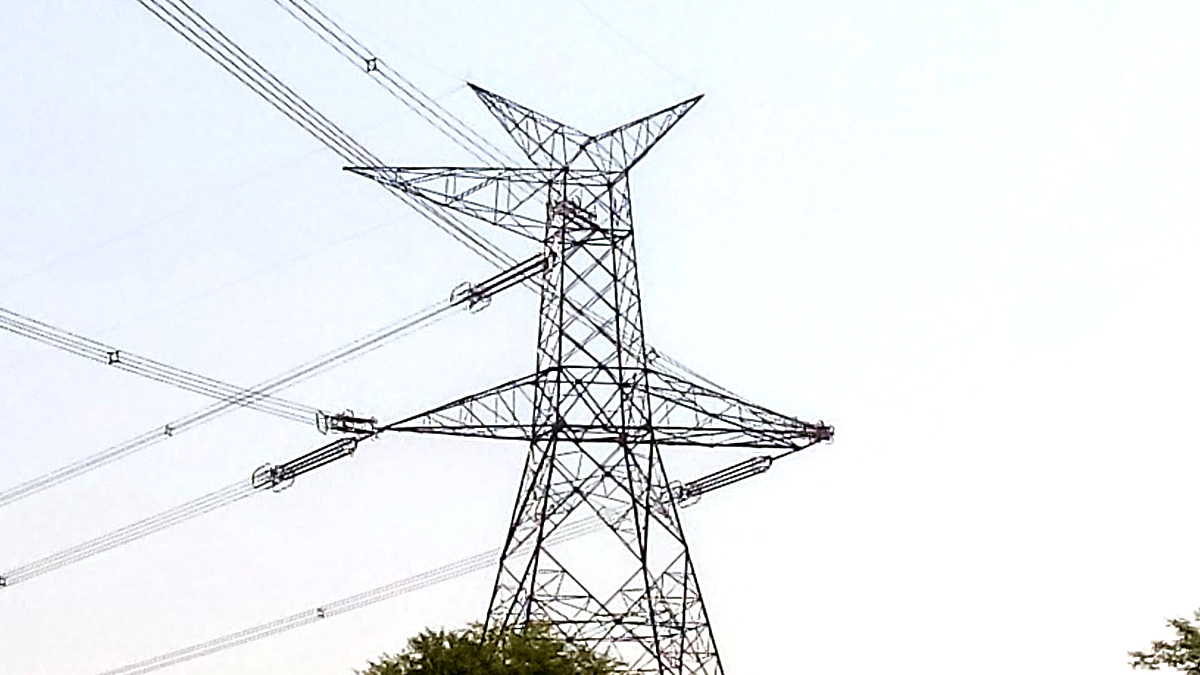Statue of Unity Area Development and Tourism Governance Authority (SOUADTGA) on Sunday said it will develop the country’s first electric vehicles-only area in Gujarat’s Kevadia. In its statement, the authority said that the area surrounding the 182-metre tall Statue of Unity in Kevadia in Gujarat’s tribal-dominated Narmada district will be converted into an electric-vehicles-only area in a phased manner.
The announcement comes a day after Prime Minister Narendra Modi said that Kevadia, which houses the world’s tallest Statue of Unity, will become the country’s first electric vehicle city.
Speaking at the release of ethanol blending road map 2020-25 on the occasion of World Environment Day on Saturday, Modi had said that necessary infrastructure is being made available to run only battery-based buses, two-wheeler, four- wheeler in Kevadia in future.
Kevadia-headquartered SOUADTGA is empowered to execute development plans and manage tourism in the area around the statue of Sardar Vallabhbhai Patel. “In the area under the authority, only electric vehicles will be allowed to ply, with the buses made available for tourists also running on battery power instead of diesel,” it said.
A local resident of the area will be provided assistance to purchase a three-wheeled e-vehicle, it said.
Apart from the assistance provided by Gujarat Energy Development Agency (GEDA) as announced by the state government, the SOUADTGA will also provide assistance in the form of subsidy to purchase such vehicles, it said.
The authority added that its officers and employees will also get the benefit of the scheme. “The beneficiary officers/employees will have to pay the amount other than subsidy, and facilities will be provided to deduct the amount of loan from their salaries in easy instalments. Beneficiaries will have to guarantee that they will not operate petrol-diesel vehicles in the area,” it said.
Company operating the e-rickshaw will have to run at least 50 rickshaws in the area under the authority initially. Preference in driver selection for e-rickshaws will be given to women residents of the area as well as the existing autorickshaw drivers. The company operating the e-rickshaw will have to develop a smart mobile app for this, which will mention various tourist destinations in the area, their distances, and fixed fares, it said.
Women drivers will be given free driving training at the Skill Development Center at Kevadia free of cost.
An E-vehicle maintenance workshop and charging station will also be set up here,” it said.
“It may be mentioned here that there are no polluting industries at Kevadia, and there are two hydroelectric power plants, which generate abundant environment-friendly electricity. Reserving the area only for electric vehicles will reduce air and noise pollution and add a feather to the charm of this unique tourist destination,” it said.













